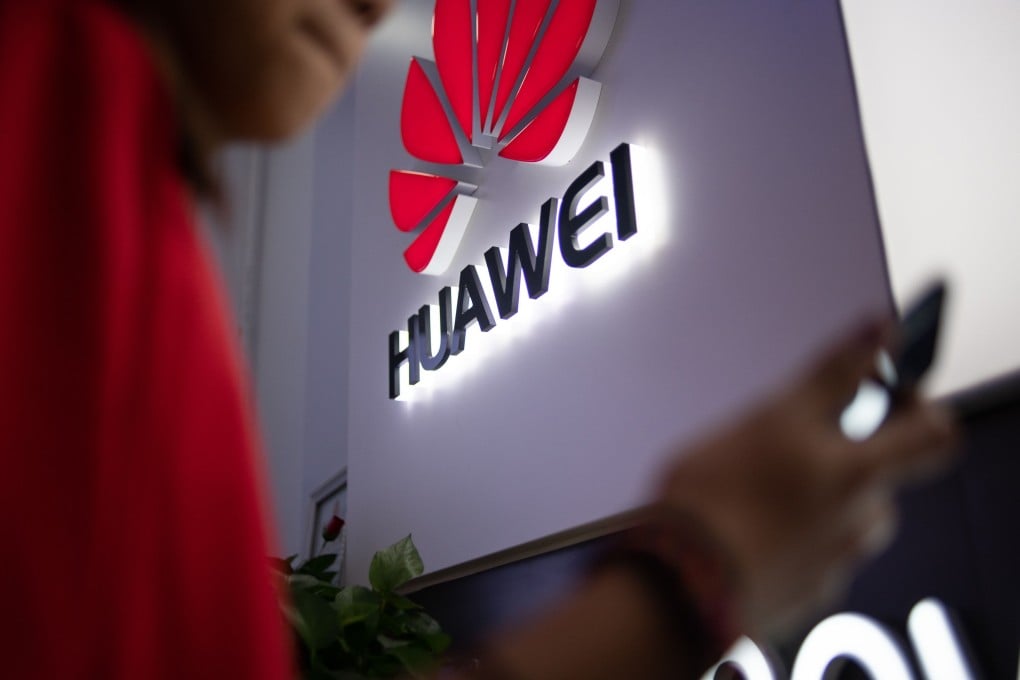Huawei asks US courts for summary judgment on its move to get federal ban on its gear overturned
- Huawei calls on US to halt ‘state-sanctioned campaign against company’ as it will not deliver cybersecurity
- The US government recently took its campaign against Huawei a step further, placing it on a trade blacklist that prevents it from buying American technology

Huawei Technologies, the world’s largest telecommunications equipment supplier, said on Wednesday it has filed a motion asking the United States courts for a summary judgment on its move to get a US ban on Huawei equipment for federal agencies and contractors overturned.
The action comes nearly three months after Huawei filed a lawsuit against the US government, arguing that the federal ban, outlined in section 889 of the 2019 US National Defence Authorisation Act (NDAA), is unconstitutional as it singles out a person or a group for punishment without trial.
“They are using every tool they have, including legislative, administrative, and diplomatic channels. They want to put us out of business. This is not normal. Almost never seen in history,” Huawei’s chief legal officer Song Liuping said in a press conference in Shenzhen on Wednesday.
“The fact is, the US government has provided no evidence to show that Huawei is a security threat. There is no gun, no smoke. Only speculation.”
“The judicial system is the last line of defence for justice. Huawei has confidence in the independence and integrity of the US judicial system. We hope that mistakes in the NDAA can be corrected by the court,” Song added.
Huawei has been under rising pressure from US President Donald Trump’s administration, which has been trying to discourage US allies from using telecoms equipment from the Shenzhen-based company for next-generation 5G mobile network roll-outs, saying it represents a national security risk.